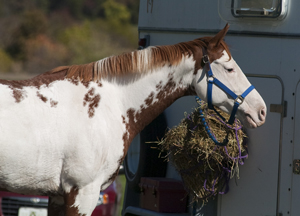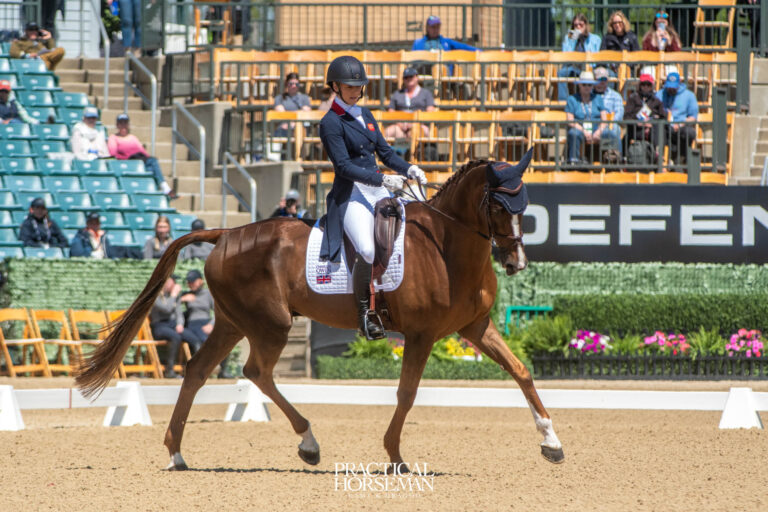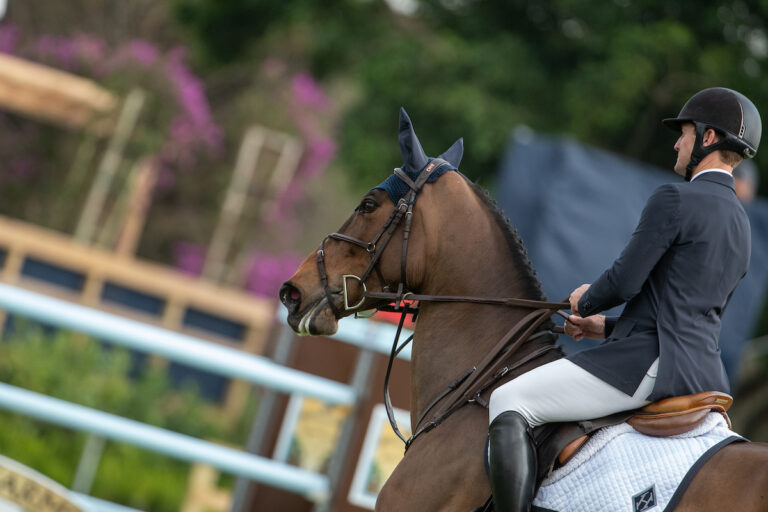The effort to make equestrian a National Collegiate Athletic Association (NCAA) sport began in 1998 with its designation as an “emerging sport.” Although the number of schools to form new NCAA teams has slowed in recent years, the success and growth of squads at the 23 colleges that have them bodes well for continued development of this collegiate riding opportunity.

NCAA requires a sport to have 40 participating colleges to graduate from “emerging” to “championship” status. Reviewed last year, equestrian was given the green light to continue its development, says U.S. Equestrian Federation (USEF) varsity point person Marion Maybank. “A number of sports were kicked out at that time, but the NCAA saw growth at the schools with teams already and growing interest in starting new teams.”
Becoming an NCAA equestrian athlete has pros and cons. “Basically, you get everything a football player would get,” summarizes Marion. All aspects of riding for the school are paid for, and riders are often housed in athlete dorms and receive other perks like class scheduling preferences.
As for the scholarships parents dream of, “a few will receive full scholarships and some will get partial scholarships,” is how the website www.varsityequestrian.com pegs the odds. Each school with an NCAA team is allowed to award 15 scholarships to riders every year, but the amounts vary widely between schools because they are related to Title IX laws that attempt to equalize money spent on men’s and women’s sports. The amount of money the school can offer is also affected by whether the rider has earned scholarships from other sources. The recipient of a $1,000 USEF Junior Hunter Rider scholarship, for example, would have to deduct that amount from whatever was offered by the NCAA school.
“Some parents have told me that their child could have won more in prize money than they earned in scholarships,” Marion says. “But they often say it’s worth it because of the extras their child receives.” Not the least of which is the sheer coolness of being recognized as a student athlete.
Prize money affects eligibility, both as a prospective student and throughout their time riding for an NCAA team. Riders interested in applying to an NCAA team should keep careful track of prize money won versus expenses from the ninth grade on. Be aware the NCAA has a list of “prescribed” expenses that may or may not jibe with your own, and that declining open circuit prize money is an option for maintaining eligibility.
To learn about how to select the right college riding program for you, see “Pick the Right College” in the December 2009 issue of Practical Horseman magazine.










